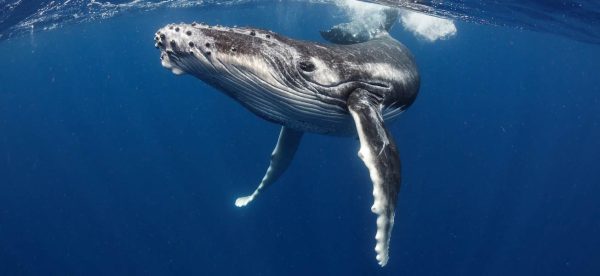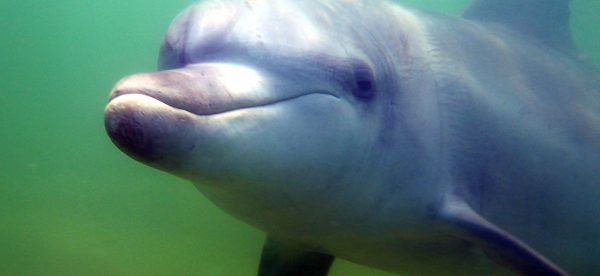The Australian Government has committed to creating strong protections for the ocean and marine animals that call them home. Now is your chance to use your powerful voice to share how these nature laws can be strengthened. The Australian Government’s Nature Law Reform Survey is open for submission until 30 March. We’ve created suggested responses to help guide your submission and ensure your voice is heard loud and clear.
How to complete the survey
The Government’s survey is a short form, and easy to complete. It is accessible via the Australian Government’s website.
Q1 Which option best describes your overall level of support for Australia’s new Nature Positive laws as described in the webinar?
The webinar referred to in this question is accessible here. Please select the option that best reflects your view. If you are unsure or have not watched the webinar, select ‘neutral’.
Q2 Which topic area are you commenting on?
Select any topics listed that you wish to comment on. When you select a topic, a box will appear below. Suggested responses are outlined below each heading.
National Environmental Standards
Each National Environmental Standard must be clear on the environmental outcomes it is seeking to achieve.
New National Environmental Standards must be based on the best available science, drive improvement of the environment, be enforceable and have the flexibility to be updated in response to new information (provided that no future changes lead to worse environmental outcomes). There should be no exceptions for industries, sectors or regions (e.g. removing native forestry exemptions).

Credit: Shasin Satuei Pexels
Climate Change
Climate change related impacts on nature should be incorporated into the reformed nature laws. Embedding climate change in environmental laws requires considering a project’s total climate impact, making it a standalone trigger for federal assessment, and requiring that all emissions are accurately disclosed. The definition of “impact” should encompass cumulative and indirect effects, and decision-makers should be guided by clear standards and global emission targets. Climate change impacts on wildlife and habitats need to be factored into species protection and planning, with refuges designated as critical habitat.
Community Engagement
The proposed laws demand transparency, genuine community consultation and accountability. This means the public should have easy access to information, be actively involved in decision-making at each stage of the decision-making process, and have the right to challenge and enforce the law when needed.
Conservation Planning
The Government’s proposed conservation planning reforms are welcomed. The proposed recovery strategies must articulate clear measurable plans to save threatened and endangered species, and communities at scale.
Environment Protection Australia
The establishment of Environment Protection Australia (EPA) as a new independent agency is welcomed. The EPA’s role should not be overridden by the Minister for Environment’s proposed ‘call in powers’, if it could lead to a lower standard of environmental protection being granted.
Regional Planning or Strategic Assessments
Australia’s new approach to regional planning needs teeth to succeed, according to experts. Regional plans must be clear on the outcomes and measurable objectives to be achieved for species and habitat protection. Regional plans should be conservation led, and be updated when new information is available. Importantly, regional plans should not remove the requirement for individual development assessments and decisions within a region.

Credit: Samantha Haebich Getty Images
New nature laws must properly protect marine animals and their ocean home. This involves removing the historical exemption for shark nets, ensuring fisheries decisions are consistent with and do not further endanger protected species, improving protections for migratory species and ensuring species listed as conservation dependent are properly protected.
Together, we can create a future where our oceans and all their incredible inhabitants are safe and thriving.
